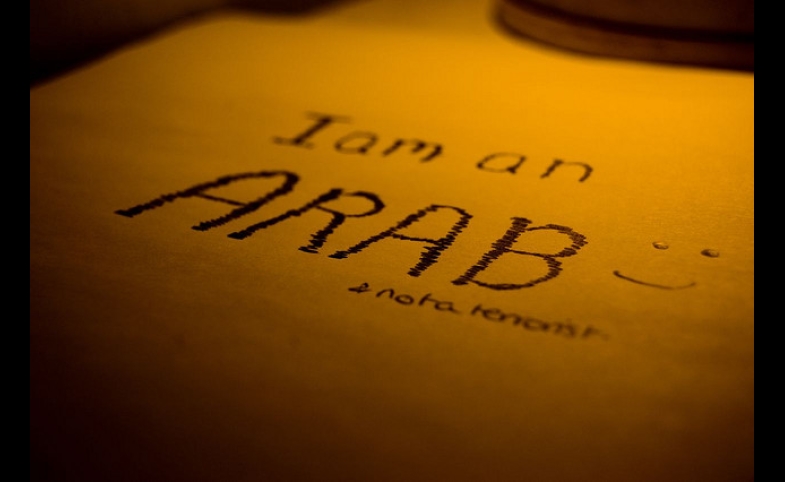Saudi Arabia’s Council of Ministers has approved a law that restricts the powers of the religious institution responsible for protecting Islamic morality in the country, the Commission for the Promotion of Virtue and the...
KEEP READINGThe CPD Blog is intended to stimulate dialog among scholars and practitioners from around the world in the public diplomacy sphere. The opinions represented here are the authors' own and do not necessarily reflect CPD's views. For blogger guidelines, click here.

The Arab Public Diplomacy Vacuum
The Charlie Hebdo murders have reinforced anti-Muslim and anti-Arab sentiment that even when invisible always simmers just beneath the surface of public opinion in much of the West.
Some prominent Arab news organizations were quick to express solidarity with the French publication and its journalists, but even in this emotionally fraught time most Arab states continue to ignore public diplomacy as a means to deliver a constructive message to the global community. The price they pay for this neglect is a solidifying of the opinion that nothing good except oil is to be found in the Arab world, and that Islam motivates its adherents to commit horrific crimes.
It is important to see the Charlie Hebdo case within the broad context in which anti-Muslim feelings take root and grow. Look at recent headlines. In Nigeria, the slaughter of perhaps 2,000 civilians by Muslim fanatics. In Syria, daily butchery by Muslim fanatics. In Yemen, a bloody civil war spurred by Muslim fanatics. In Somalia, the destruction of a state by Muslim fanatics.
Much of the world conflates “Muslim” and “Arab,” although this is far from accurate. Many people seem willing to attribute the worst characteristics of a few to the many, and so the actions of a relatively small number of murderers can taint all 1.6 billion Muslims and 340 million Arabs.
Where is the pushback? Perhaps Indonesia, the country with the largest Muslim population, should lead the defense of Islam, but countries nearer the religion’s birthplace are more logical champions. Arabs should do far more to influence opinions about their faith and their cultural identity.
Particularly given the wealth and political prominence of many Arab nations, their mediocre public diplomacy efforts make no sense. Several of the Gulf States at least make an effort, but the giants such as Egypt and Saudi Arabia are in denial about being part of the global community. As a result, the Arab heritage – grounded in centuries of magnificent intellectual achievement – is unappreciated by most of the modern world, and today’s Arabs are too often stereotyped as outlaws.
Interesting developments are taking place in some Arab nations, but those countries are proving remarkably inept in letting the world know about them. Consider Egypt. The government’s reprehensible behavior in jailing journalists, among other sins, is widely known, but far less recognized has been President Al-Sisi’s outreach to Egypt’s Coptic Christian community, which rightly felt endangered during the brief reign of the Muslim Brotherhood, and his speech at Al Azhar calling for reappraisal of Islamic “ideology,” which he said was making Muslims “a source of concern, danger, killing and destruction all over the world.” Western news media covered these events, but Egypt itself has not created a comprehensive mechanism for delivering its message.
This is not meant to be an apologia for a military government that remains anathema to many progressives in the Middle East and elsewhere. It is, however, a call for better communication about the glimmers of progress that might offset the often unthinking antipathy toward Islam and Arabs.
Visit CPD's Online Library
Explore CPD's vast online database featuring the latest books, articles, speeches and information on international organizations dedicated to public diplomacy.
POPULAR ARTICLES
-
January 29
-
January 20
-
January 28
-
January 2
-
January 8
Join the Conversation
Interested in contributing to the CPD Blog? We welcome your posts. Read our guidelines and find out how you can submit blogs and photo essays >.













